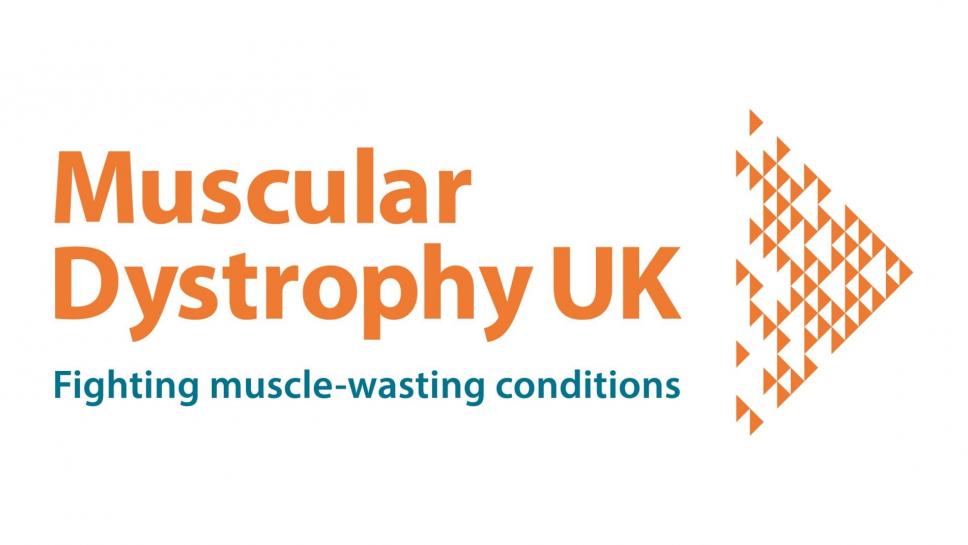
However, charities are warning that unless Spinraza is quickly made available, some patients could risk losing the ability to crawl, move, breathe and swallow.
While details of the interim scheme are not yet known, Muscular Dystrophy UK and other SMA charities, including SMA Support UK, The SMA Trust and TreatSMA, have joined forces and are urging NICE, NHS England and the drug manufacturer Biogen to implement the interim scheme as quickly as possible. They are also calling for the fundamental problems with NICE’s assessment structures, which hold up the approval of drugs for rare diseases like SMA, to be tackled.
Approximately 1,300 children and adults are living with the devastating effects of SMA in the UK. Each year, more than 40 babies are born with the most severe SMA Type 1. Without access to the drug, life expectancy is rarely longer than two years. Some children, however, who have received Spinraza, have seen their muscle strength improve and have already lived long enough to crawl, and even walk.
The prospect of an interim scheme is welcome news for families affected by SMA, who still face an anxious wait while Spinraza is considered for long-term delivery on the NHS by the National Institute for Health and Care Excellence (NICE)2. Without further intervention, the treatment is unlikely to be made available to families who could benefit from it, despite its proven track record.
Robert Meadowcroft, Chief Executive of Muscular Dystrophy UK, said:
“While we wait for the interim scheme to be implemented, the clock ticks away for those affected by this devastating, life-limiting condition who desperately need access to this treatment.
“An interim scheme, which looks at making Spinraza available in the short term, is welcome. We must, however, address the problems with the current system for approving rare disease drugs.
“A longer-term solution needs to be found. We need a more appropriate assessment route for rare disease drugs like Spinraza, which fall between NICE’s appraisal routes for new treatments.”
Liz Lockley, 35, from Welwyn Garden City, Hertfordshire, whose son George (age 6) has SMA Type 2, but has not received treatment, said:
“When George was diagnosed with SMA, our lives changed forever. SMA is a cruel condition. As a parent, it’s heart-breaking to see your child gradually lose their physical abilities, particularly when it happens in parallel to their twin brother gaining new skills every day.
“While Spinraza is not a cure, it could help George maintain some of the strength he has left and could potentially enable him to gain new skills. Even if Spinraza could give George the ability to cough effectively, the SMA would no longer be such a threat to his life. Simple things like having more arm strength could enable George to live a much more independent life. This would be invaluable to us and, more importantly, to George.”
Spinraza proved so effective in a clinical trial for children with SMA Type 13, the most severe form of the condition, that the trial was stopped early so that all children affected by SMA Type 1 could, potentially, access the treatment.
Treatment is now being delivered to some, but not all, children with SMA Type 1 via a special compassionate access scheme, with the drug being provided free by pharmaceutical manufacturer Biogen and NHS England funding the costs of administering the treatment. These children will continue to receive Spinraza for as long as treatment proves beneficial.
NHS England, however, is not supporting access to the scheme for all children with SMA Type 1, and has imposed restrictions based on age and gene type – a far stricter policy than other countries delivering the programme. Additionally, as this temporary scheme will shortly be reviewed, the charities are calling on Biogen and NHS England to ensure free access to the drug continues to all children with SMA Type 1, while Spinraza is assessed by NICE.
